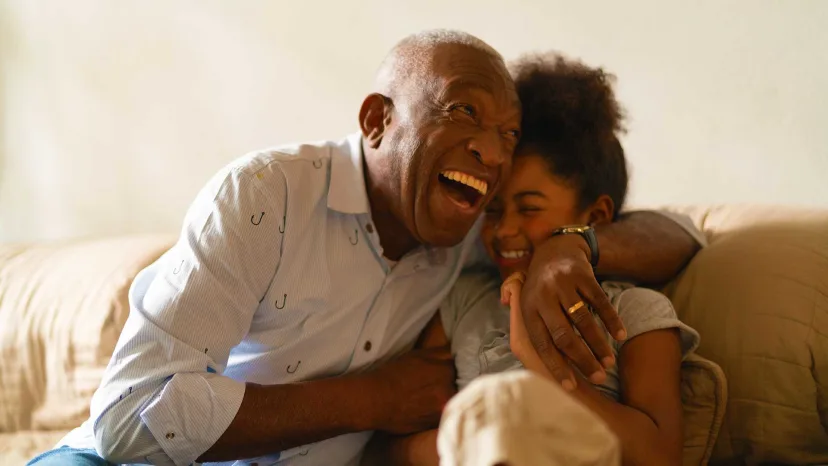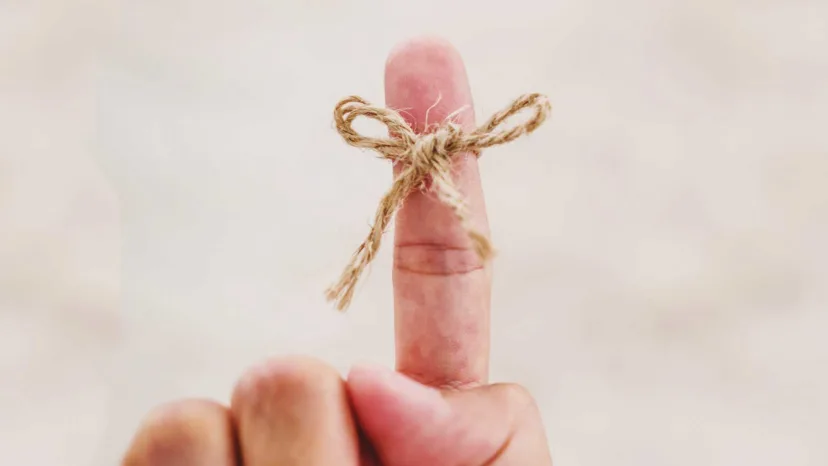Healthy aging
Introduction
If you feel young on the inside, you probably want to make sure you continue feeling young on the outside, too.
The good news: Healthy aging is achievable.
No matter what you love to do—whether it’s work, play, travel, spend time with your family, or develop new hobbies—you'll find tips on healthy aging that'll keep you on the go and feeling good.
We've gathered valuable information, including expert advice and the latest research on longevity, and put it all in one convenient place.
Want to know more about living longer? How about managing memory issues? We’ve got insight on that, too.
If you're having any medical issues or questions about aging, make sure you speak with your healthcare provider (HCP). They can work with you to help you live a healthier and more active life.
Longevity

What is healthy aging? Can you really take steps to live longer or improve your quality of life? While your genes play a major role, there are lifestyle changes you can make to boost your health. Read on to find out how some simple modifications can help get you there.
Aging & memory issues

You've misplaced your glasses again. And where are those car keys? Everybody loses track of things now and again. But when you find yourself doing it over and over, you may be wondering whether it’s just a normal consequence of aging or a sign of something more concerning? Learn the facts about dementia and other diseases related to brain function, as well as how diet and exercise may help your brain work better.





